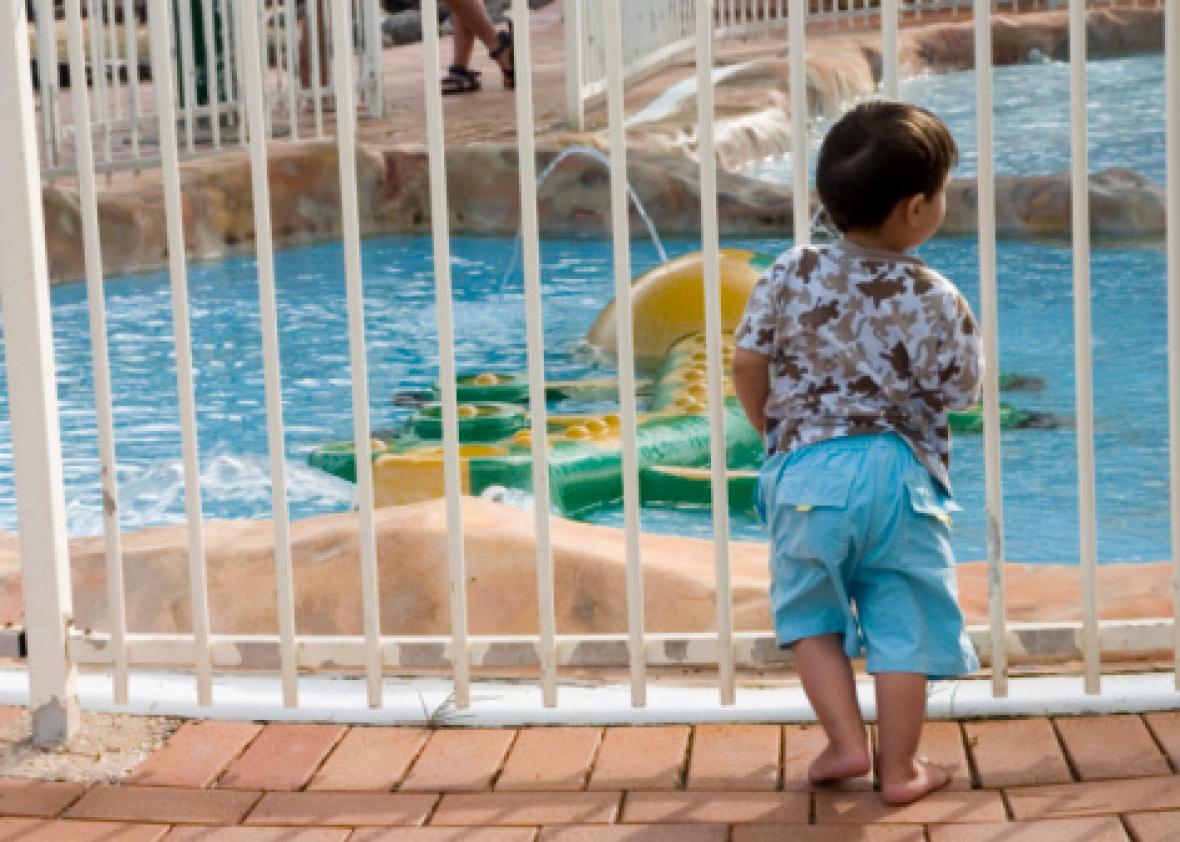That working mothers experience a heavier dose of disquiet during the summer is not surprising. It’s a season associated with freedom and spontaneity, dappled light and tiny fingers pruned from spending too much time underwater. The notion of summer as something to meticulously plan for is anathema to its mythology, and yet that is what working parents must do.
In a recent op-ed for the Chicago Tribune, columnist Heidi Stevens is the latest working mom to explore the spike in guilt many women experience during the dog days.
Mid-July is when it hits me that summer doesn’t feel different enough from the rest of the year, in that we’re still rushing from place to place at a rapid pace. (Camp! Work! Trampoline practice! Grocery store! Football practice!) Every year I swear it will be different, and every year it’s not different enough. My kids don’t even have time to utter that hallmark of childhood summers: “I’m bored.”
Stevens, like many others writing about this issue, goes on to acknowledge that she wouldn’t stop working even if she could and that her children are benefitting from the activities she’s enrolled them in. By the end she concludes that there is no right way to do summer and that families can “collect moments of bliss and learning where you can find them.”
Such a conclusion is one born out of necessity. The labor force participation of mothers has grown significantly since the 1970s. In 1975, less than half of mothers worked; today, more than two-thirds do, and most of their families depend on it. Moms contribute, on average, nearly 40 percent of the household income, and among poor families, that figure spikes to 86 percent. Also, one in three mothers working outside the home today are their family’s only wage earner. The combination of women’s liberation, a good thing, and the rising cost of living, a bad thing, all but guarantee that summers brought to you by Mom, and Mom alone, are a thing of the past.
But as we grieve those halcyon days of summer, it’s important to remember that they didn’t always exist. Up until the middle of the 19th century, urban and rural kids went to school during the summer; the former studied year-round, and the latter had their break during the fall and the spring to help with the harvest. This changed when, toward the turn of the century, a movement formed arguing that too much school was bad for children, and reformers chose summer as the months off because of the stultifying heat.
The idea that children should be outside during the summer was a product of the Gilded Age, born of wealthy parents’ fear that their little boys were spending too much time in feminine domestic space. This eventually led to the creation of summer camps, which over the course of the 20th century expanded to include girls and those on the lower rungs of the income ladder, too. While I can’t say what summer looked like before all this, I’m certain that it wasn’t made up of lazy afternoons spent eating watermelon with one’s children by the pool.
Now summer is becoming something else, or somethings else considering the wide range of solutions parents turn to over the long school break. I sympathize with the feelings of sadness and guilt many women feel for not being able to provide their children with the summer experience they had, and I’ve had moments when I felt the same way. But it never takes me long to remember that I was never much fond of summer during my childhood in the 1980s and ’90s, and I spent much of the three months looking forward to the structure and cooler temperatures that early September would bring. If only I had been raised in a time during which people understood that summer could, and should, look more than one way.
